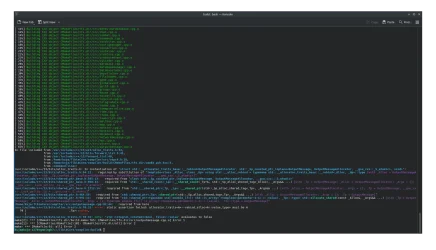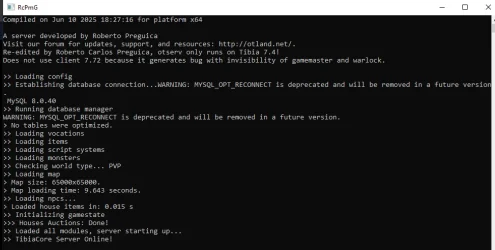class OutputMessageAllocator
{
public:
typedef OutputMessage value_type;
OutputMessageAllocator() = default;
template<typename U>
constexpr OutputMessageAllocator(const OutputMessageAllocator&) noexcept {}
template<typename U>
struct rebind {
typedef typename std::conditional<
std::is_same<U, OutputMessage>::value,
OutputMessageAllocator,
LockfreePoolingAllocator<U, OUTPUTMESSAGE_FREE_LIST_CAPACITY>
>::type other;
};
OutputMessage* allocate(size_t n) const {
if (n != 1) {
throw std::bad_alloc();
}
OutputMessage* p;
if (!getFreeList().pop(p)) {
p = static_cast<OutputMessage*>(operator new(sizeof(OutputMessage)));
}
return p;
}
void deallocate(OutputMessage* p, size_t n) const {
if (n != 1 || !p) {
return;
}
if (!getFreeList().bounded_push(p)) {
operator delete(p);
}
}
bool operator==(const OutputMessageAllocator&) const noexcept {
return true;
}
bool operator!=(const OutputMessageAllocator&) const noexcept {
return false;
}
private:
typedef boost::lockfree::stack<OutputMessage*, boost::lockfree::capacity<OUTPUTMESSAGE_FREE_LIST_CAPACITY>> FreeList;
static FreeList& getFreeList() {
static FreeList freeList;
return freeList;
}
};





